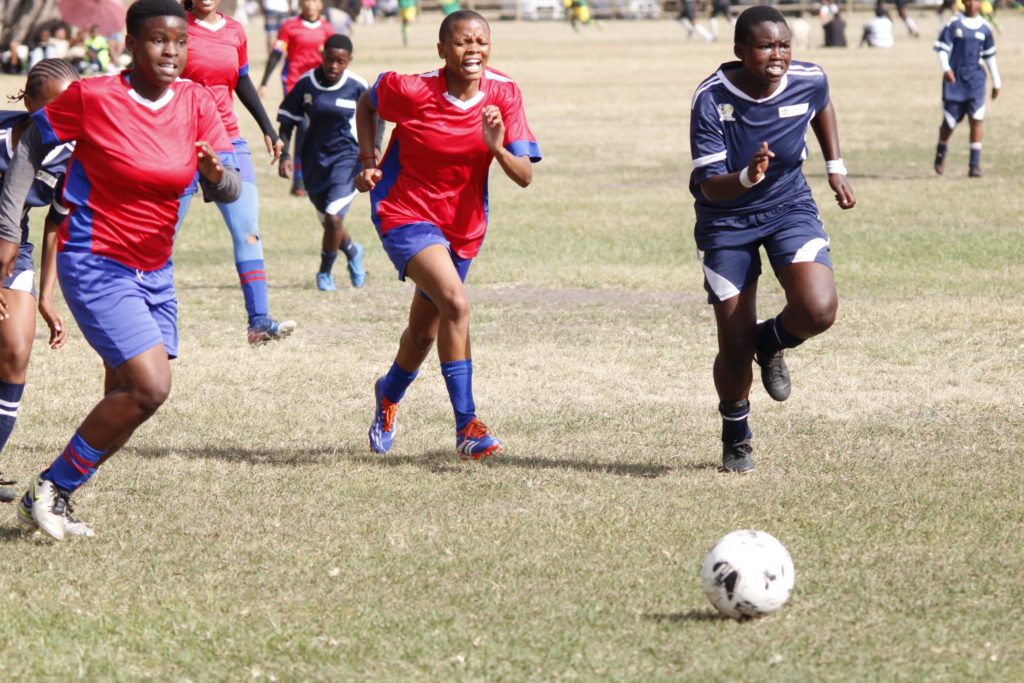By Simthandile Ngcobo
Women’s soccer is one of the fastest-growing sports in the world, yet it remains underrepresented, particularly in Africa. While men’s football dominates stadiums, media screens, and sponsorship deals, women’s teams often struggle to secure even the most basic recognition. This imbalance raises questions about fairness, opportunity, and the future of sport on the continent.
On a global scale, women’s soccer is on the rise. The 2023 FIFA Women’s World Cup broke records, attracting over two billion viewers worldwide, proving that there is a massive audience and appetite for the women’s game. Yet in Africa, despite a proud tradition of producing talented players like South Africa’s Thembi Kgatlana, a star striker, women’s leagues and competitions rarely receive consistent media coverage.
This lack of recognition means that while Africa contributes some of the best talent to the world, poor infrastructure at home often lags behind. Many female players train under poor conditions, underpaid, and are forced to juggle full-time jobs while pursuing their football dreams.
Some barriers that stand in the way of progress, is investment while men’s soccer enjoys huge financial backing from corporate sponsors. Women’s teams are often sidelined. Without sponsorship, clubs cannot provide fair salaries, quality facilities, or professional career paths.
Second is media coverage. Sports networks and newspapers still give minimal space to women’s leagues. A CAF Women’s Champions League match might attract less attention than a friendly men’s game, despite featuring top-level talent. Without visibility, the sport struggles to build momentum.
Finally, cultural attitudes play a role. In many African societies, soccer is still seen as a “men’s game.” Girls who want to play professionally face stereotypes, limited support, and sometimes outright discouragement.
Recognizing women’s soccer is not just about fairness, it is about opportunity. Studies show that when young girls see role models excelling in sport, they are more likely to pursue their own dreams, whether in athletics or other fields. Supporting women’s soccer means promoting equality, empowering communities, and challenging outdated gender norms.
The impact can be transformative. In South Africa, Banyana Banyana’s victory at the 2022 Women’s Africa Cup of Nations inspired thousands of young girls to believe in the power of their talent. Similarly, Nigeria’s Super Falcons, who have dominated continental football for decades, are a living proof that African women can compete at the highest level if given the chance.
The truth is, women’s soccer is not asking for favours, but demands its rightful place. The players have already proven their skill, resilience, and passion. What they lack is recognition, support, and respect. Africa, with its deep football culture, cannot afford to ignore half of its talent pool. If women’s soccer is nurtured and celebrated, the continent has the potential not only to dominate globally but to inspire a new era of equality in sport.


